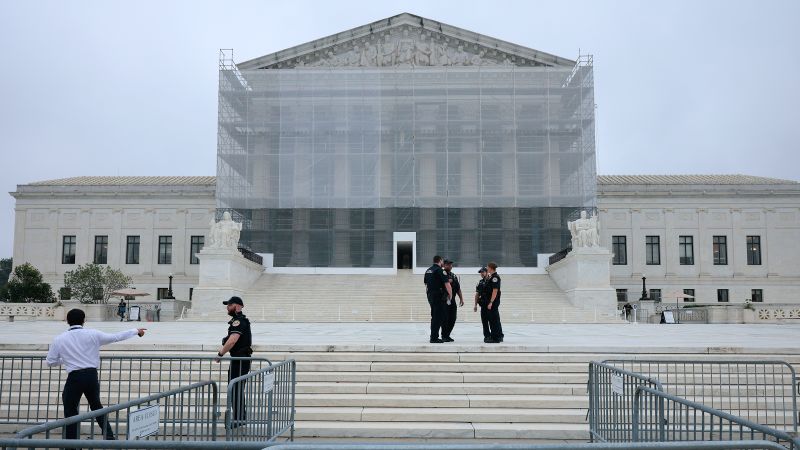Trump's New Work Requirements: Will Millions Lose Healthcare, Including the Disabled?

The Trump administration's renewed push for work requirements in Medicaid is sparking widespread concern and debate across the United States. Republicans argue that these requirements will incentivize able-bodied adults to find employment, potentially saving taxpayer dollars. However, critics fear that the policy could strip healthcare coverage from millions of vulnerable Americans, including those who are genuinely unable to work due to disability or other limitations.
The Republican Argument: Encouraging Work and Reducing Costs
The core of the Republican argument centers around the belief that some Medicaid recipients are capable of working but choose not to. According to estimates, approximately 4.8 million Americans receiving Medicaid benefits are considered potentially employable. Proponents of work requirements contend that by mandating work or community engagement activities, they can encourage these individuals to enter the workforce, boosting the economy and reducing the burden on taxpayers. They point to states that have already implemented similar programs, claiming positive results in terms of employment rates and reduced Medicaid enrollment.
The Concerns: Impact on the Disabled and Vulnerable Populations
The most significant concern surrounding these work requirements is their potential impact on individuals with disabilities, chronic illnesses, and other conditions that prevent them from working. While Republicans claim that exemptions will be made for those who are truly unable to work, advocacy groups argue that the application process for these exemptions can be complex, burdensome, and often leads to denials. Many disabled individuals rely on Medicaid for essential healthcare services and support, and losing coverage could have devastating consequences.
Real-Life Stories: The Human Cost of Policy Change
Stories are emerging of individuals with severe disabilities being denied exemptions and facing the prospect of losing their healthcare. One example is Sarah, a woman with multiple sclerosis who requires ongoing medical care and assistance with daily living. She fears that the new work requirements could force her to choose between her health and her survival. These stories highlight the potential for these policies to disproportionately impact the most vulnerable members of society.
Legal Challenges and Future Outlook
The implementation of work requirements in Medicaid has already faced legal challenges, with several states suing the Trump administration over the policy's legality. The future of these requirements remains uncertain, as they are likely to be a key point of contention in the upcoming election. Regardless of the outcome, the debate surrounding work requirements in Medicaid underscores the complex challenges of balancing the goals of fiscal responsibility and ensuring access to healthcare for all Americans.
The Bigger Picture: Healthcare Access in America
This debate also highlights the broader issue of healthcare access in America. Medicaid provides vital coverage for millions of low-income individuals and families, and any changes to the program have far-reaching consequences. As policymakers grapple with the challenges of healthcare reform, it is crucial to consider the impact of their decisions on the lives of those who rely on these essential services.






